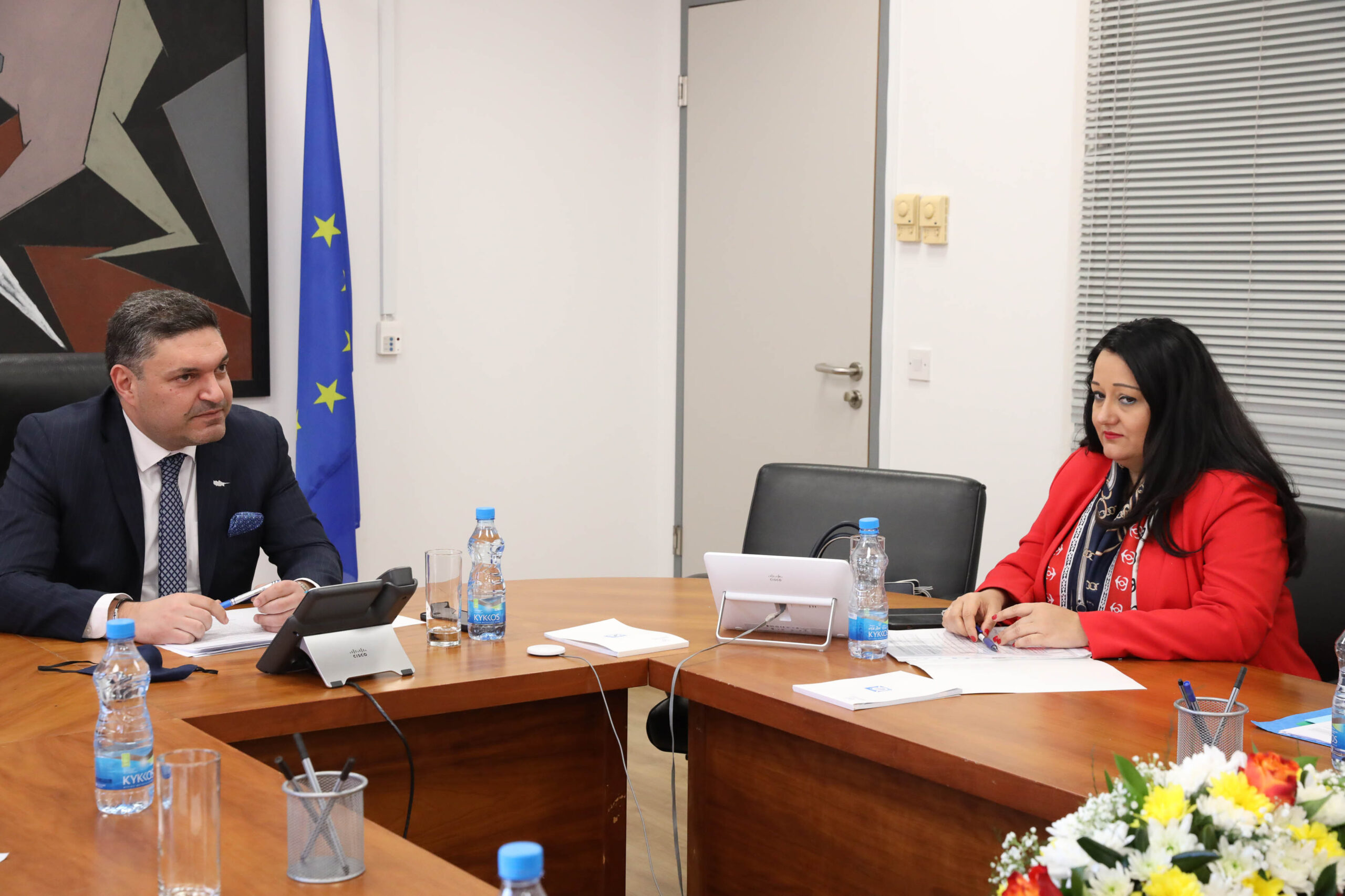European economies like Cyprus are facing the “twin problem” of rising commodity and energy prices and heightened uncertainty following the invasion of Russia in Ukraine, experts argued.
“The war really threatens the EU economy with twin problems from the continued dramatic increase in energy prices, increasing inflation and massive uncertainty,” EIB Vice President Lilyana Pavlova said at a virtual conference.
“We are transitioning to a new normal.”
She said that the EIB has a strong pipeline of projects for Cyprus.
“In the current circumstances, we can shape how this newly emerging environment will look like, how European enterprises and Cypriot companies are positioning in the new environment, and a lot will depend on investments.”
Finance Minister Constantinos Petrides was optimistic that Cyprus would mitigate the impact of the crisis, especially from the loss of Russian tourists, which constitute 20% of the island’s arrivals, by establishing alternative destinations from other European markets.
“The reservations have already reached 75% of 2019.
“What is of more concern is inflation,” noting that energy prices in many economies resemble the oil crisis of 1973.
“We are close to seeing a double-digit increase of inflation due to energy prices increase in most of Europe, that will definitely affect the demand and supply for goods and services.
“We need to work together with the banking institutions and the private sector to utilise these funds as quickly as possible”.
Constantinos Herodotou, the Governor of the Central Bank of Cyprus, said the bank had downgraded Cypriot growth to 2.3% of GDP in 2022 compared to 3.6% in the previous projection in end-2021.
“This impact is associated with rising prices in oil and other commodity prices and the disruption in exports of goods and services to Russia, which on average constitute about 16% of overall exports of goods and services.”
He noted that Cyprus’s medium-term economic outlook remains positive, supported by the EU Recovery and Resilience funds disbursement, amounting to €1.2 billion.
Moreover, inflation is expected to register a “substantial increase” estimated to climb to 6.7% in 2022 compared to 2.5% of the initial estimate.
He said that Cypriot banks entered the crisis on a better footing as their fundamentals had “improved tangibly.”
Christodoulos Angastiniotis, President of the Cyprus Chamber of Commerce and Industry, said the chamber is “pressing hard to introduce an enterprises support scheme for providing loans with government guarantees.”
“The priorities have certainly changed since now the main concern of the business sector is how to overcome liquidity issues and secure their survival.”
“Of utmost importance for us is to make the best use” of the €4.2 bln, which will be delivered to Cyprus through the EU Recovery Plan and structural funds.”
Michalis Mousioutas, President of the Nicosia Chamber of Commerce and Industry, said: “Cyprus, together with the rest of Europe, is going through an unprecedented occurrence of shocks in the 21st century”.










